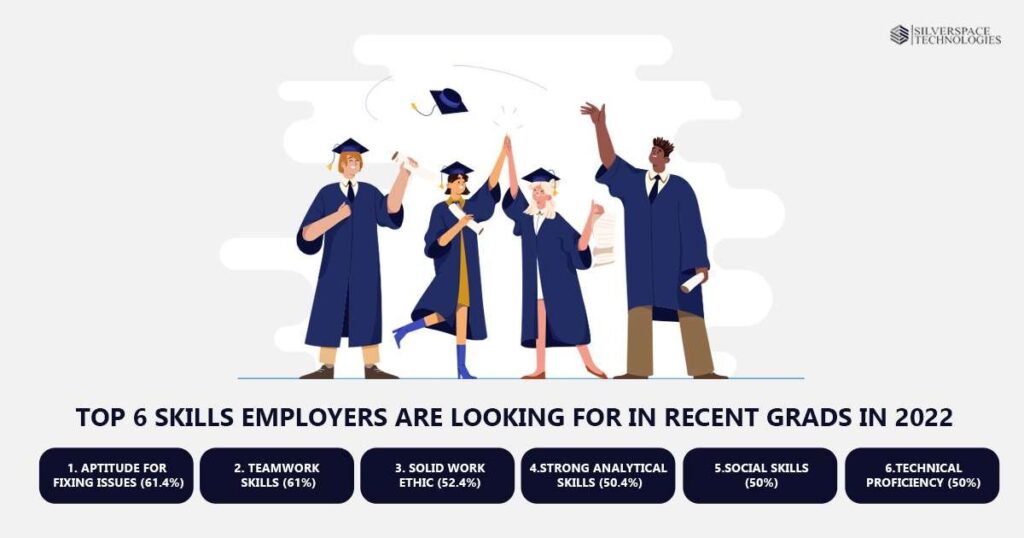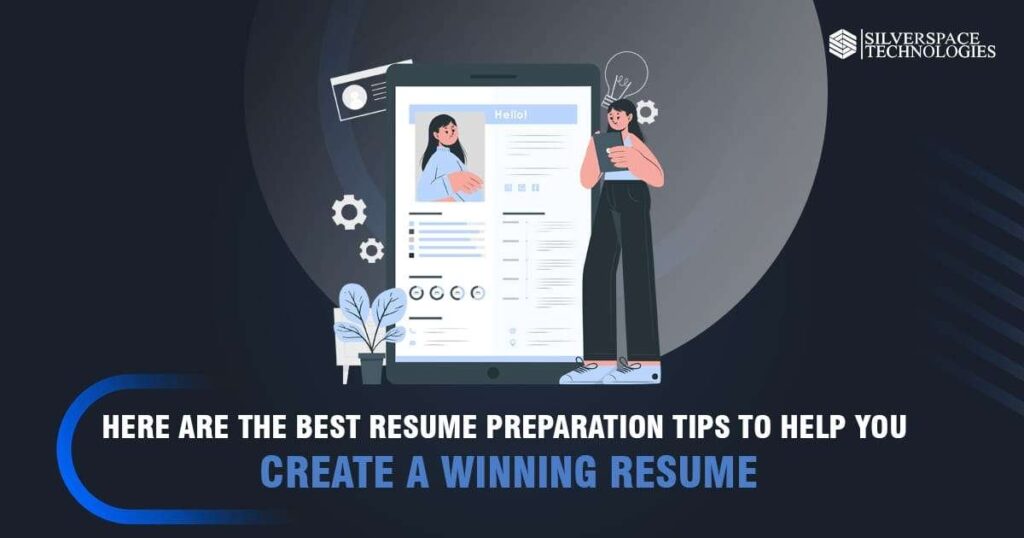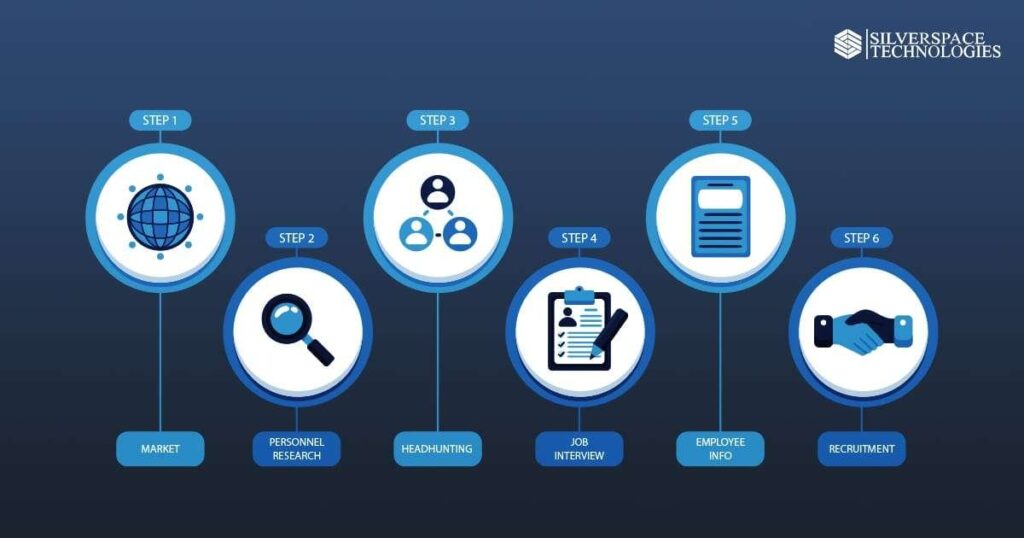
I’ve got good news and bad news for recent college graduates. The bad news is that entry-level candidates’ GPAs are less important to employers than they once were. As a result, all those test and assignment marks that had you camped out in the library may not be worth as much as you once believed.
The good news is that entry-level candidate GPAs are less important to employers than they formerly were. As a result, the information and skills you acquired via your schooling and other experience matter much more than the grades on your transcript.
New research from the National Association of Colleges and Companies (NACE) indicates that 37% of employers plan to evaluate recent grad applications based on GPA, which is a decrease from a recent high of 73.3% just a few years in the past.
You, as a recent graduate, are likely more informed than anybody else that grades don’t always reflect how much you gained during school or what you might accomplish in the workplace. According to NACE executive director Shawn VanDerziel, this change “signals an understanding that screening by GPA may hinder efforts to promote an inclusive workforce as it might put students who are juggling school with work and other commitments at a disadvantage in the labor market.”
So, what qualities do businesses seek in recent graduates? the knowledge, skills, and aptitudes you’ll apply at work.
Employers are seeking new graduates with six key talents.
For the 2023–2024 recruiting year, the following qualities were rated as very or extremely important by the majority of employers:
- Aptitude for fixing issues (61.4%)
This was deemed very significant or extremely important by 61.4% of employers. Employers look for candidates who can identify issues and suggest fixes. Regardless of your major, you probably had to examine various parts of a problem or topic, choose potential solutions or conclusions, put one of these solutions into practice, and support your choices with evidence. These are all crucial steps in the problem-solving process.
- Teamwork skills (61%)
Those collaborative endeavors served a purpose. Team sports as well as other cooperative extracurricular activities are additional ways to show off your interpersonal skills.
- Solid work ethic (52.4%)
You recently graduated from college and may have also juggled extracurricular activities and/or part-time employment. So, you understand how to put in a lot of effort and complete tasks.
- Strong analytical skills (50.4%)
These abilities enable you to locate, assess, and synthesize data in order to make judgments and/or address issues. For instance, you could have had to identify the appropriate sources and include them in a research study or article in college if you had to evaluate data for business or science classes.
- Social skills (50%)
Communication skills cover all methods of giving information to or receiving it from others. You contributed to class discussions, created presentations, wrote emails, and turned in written tasks like essays and lab reports while in college.
- Technical proficiency (50%)
Technical proficiency is the capacity to work with certain tools of technology or procedures or approaches, such as coding in JavaScript, using Excel formulas, or maximizing conversions for a promotional campaign. You undoubtedly already possess some of these skills as a recent college grad, and you can probably pick them up more easily.
Extra pointers for showcasing your abilities as a new graduate.
How can you convince employers that you possess these abilities and traits? Here are some suggestions for your job search in general, your cover letter, CV, and interview:
- Read the job description for a given company carefully to see what they are looking for. Then, make sure to stress the talents you have that are most important for this position in your CV and other application materials.
- Utilize internships and part-time employment. These experiences demonstrate that you possess the professional abilities required to succeed in a full-time position. In fact, the NACE survey discovered that when two new graduates competing for a post have identical qualifications, meaningful internship experience is the most important deciding factor.
- Don’t limit the experience to paid employment. You could have developed and used the abilities companies are searching for through extracurricular activities, volunteer work, projects, and coursework. Therefore, bring up the fundraising event you planned for neighborhood hospitals or the project that required you to go outside and study wildlife behavior.
- Not without a cover letter. Even though they are optional, cover letters are virtually always worthwhile even though they can be challenging to write. You can relate your education and prior encounter to the entry-level position you want and give concrete examples of when you’ve applied the talents an employer is searching for in your cover letter.
- Get ready for the interview. Prepare a few anecdotes that indicate how you’ve used your abilities and displayed the attributes employers are looking for and be prepared to respond to frequent interview questions.

